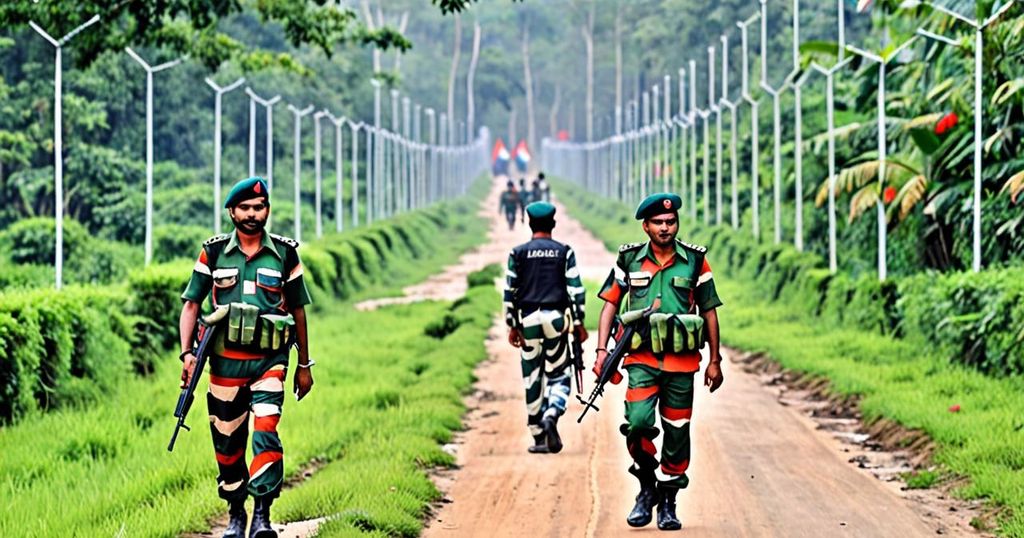Is Bangladesh becoming another Pakistan for India?
The geopolitical dynamics between Bangladesh, China, India, and Pakistan are currently undergoing a significant shift, with potential far-reaching implications for the region.
Sources have revealed that Jamaat-e-Islami, allegedly backed by ISI, has received substantial financial backing from Chinese entities operating in Pakistan to destabilize Sheikh Hasina’s government. Indian intelligence agencies are concerned about this development. Additionally, the Pakistan-based terrorist group Harkat-ul-Jihad-al-Islami (HuJI), with ties to Bangladesh, is reportedly involved in anti-India activities.
The pro-Pakistan stance of opposition parties in Bangladesh, particularly the Bangladesh National Party (BNP), has raised concerns about the potential return of Zia’s party to power. This potential shift in the country’s foreign policy alignment could pose a significant challenge to India, potentially straining India-Bangladesh defense ties and altering the regional balance of power.
The fear of a resurgence of pro-Pakistani elements in Bangladesh promoting terrorism in India and favoring Pakistan and China is at the core of these concerns, effectively creating a situation akin to having another Pakistan on India’s border. The implications of such a shift include challenges to regional security and a potential erosion of India’s strategic dominance in the region.
Due to Bangladesh’s historical ties with India and recent efforts to strengthen bilateral relations, the potential emergence of a new Pakistan on its border could have serious implications for regional stability.
As regional alliances and allegiances continue to evolve, the implications for India, Bangladesh, and the broader region are significant. It remains to be seen how the geopolitical landscape of South Asia will be shaped in the coming years.
In conclusion, the evolving relationship between Bangladesh, China, India, and Pakistan presents a complex and nuanced geopolitical landscape that carries significant implications for regional stability and security. As the situation continues to develop, it is essential for the concerned parties to navigate these shifts with astuteness and foresight.








Post Comment